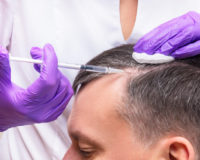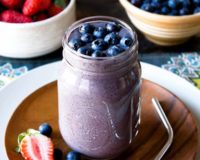Call Us Now: +001. 341. 123456
Call Us Now: +001. 657. 654321
Call Us Now: +001. 747. 789456
Call Us Now: +001. 213. 654987
-
Language: English
- Free Shipping on Orders $80+
- Free Shipping on Orders $80+
- Free Shipping on Orders $60+
Blog Category
- Beauty and Skin Health (28)
- Blog (4)
- Cardiovascular Health (10)
- Children's Health (3)
- Digestive Health (5)
- Hormone Balance (1)
- Immune Health (7)
- Joint and Muscle Health (12)
- Memory Enhancement (1)
- Mood and Stress Relief (7)
- Sexual Health (2)
- Uncategorized (10)
- Vision Support (1)
- Weight Management (16)
Popular Post
-
Natural Hair Restoration October 22, 2021
-
The Best Ingredients For Weight Loss October 8, 2021
-
Collagen August 11, 2021
-
Sleeping Tips July 13, 2021
Tags
allergies
allergy
anxiety
arthritis
back pain
brain health
cholesterol
coenzyme
coq10
cramping
d-hist
Diet supplements
digestion
energy
flu
flu season
focus
health
healthy lifestyle
Healthy weight loss
heart
heartburn
heart disease
heart health
indigestion
influenza
insomnia
joint pain
liver
memory
mood
Natural pain relief
pain
pain relief
sleep
statins
stem cell worx
stop smoking
stress
thinning hair
vaccine
virus
weight loss
Weight loss pills
weight loss products










